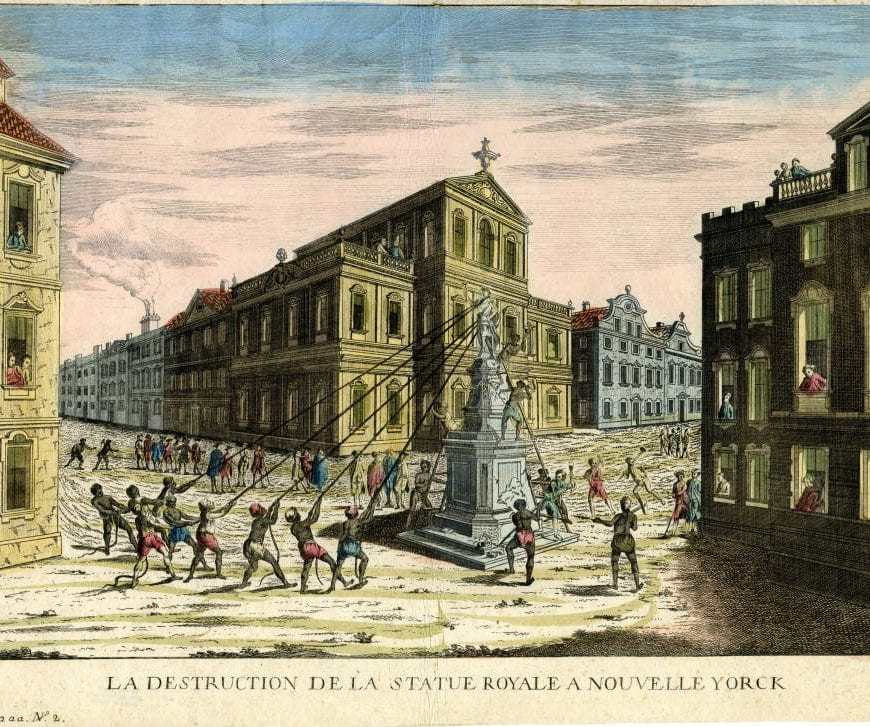
Interview with Peter Olsen-Harbich, Associate Director, MCEAS
As the spring semester winds down, Peter J. Olsen-Harbich is also finishing up his first year as the McNeil Center’s new Associate Director with the remit of Academic Affairs. It’s an exciting time for MCEAS, and we at EAS Miscellany wanted to learn more about his work at the Center and in the field of early American studies more generally. Peter graciously took the time to answer some questions posed…









